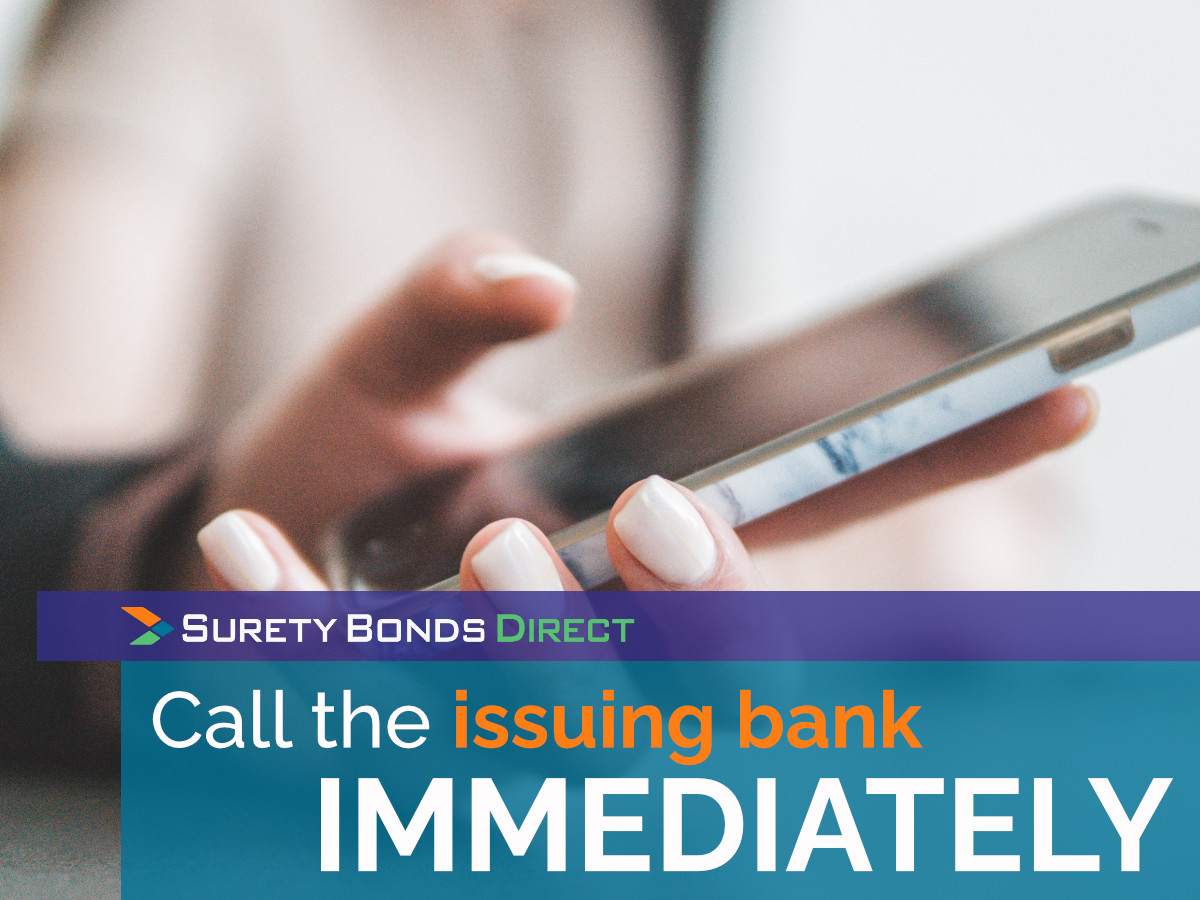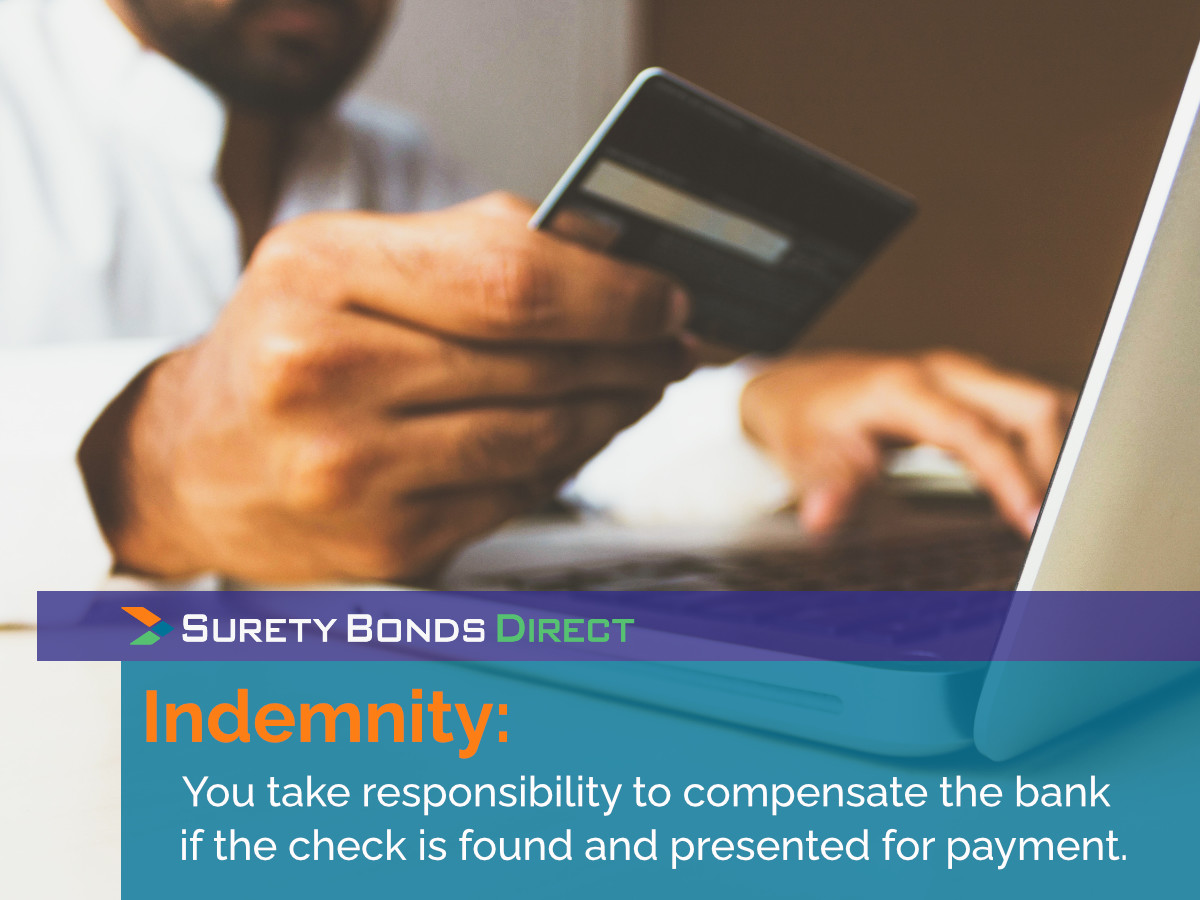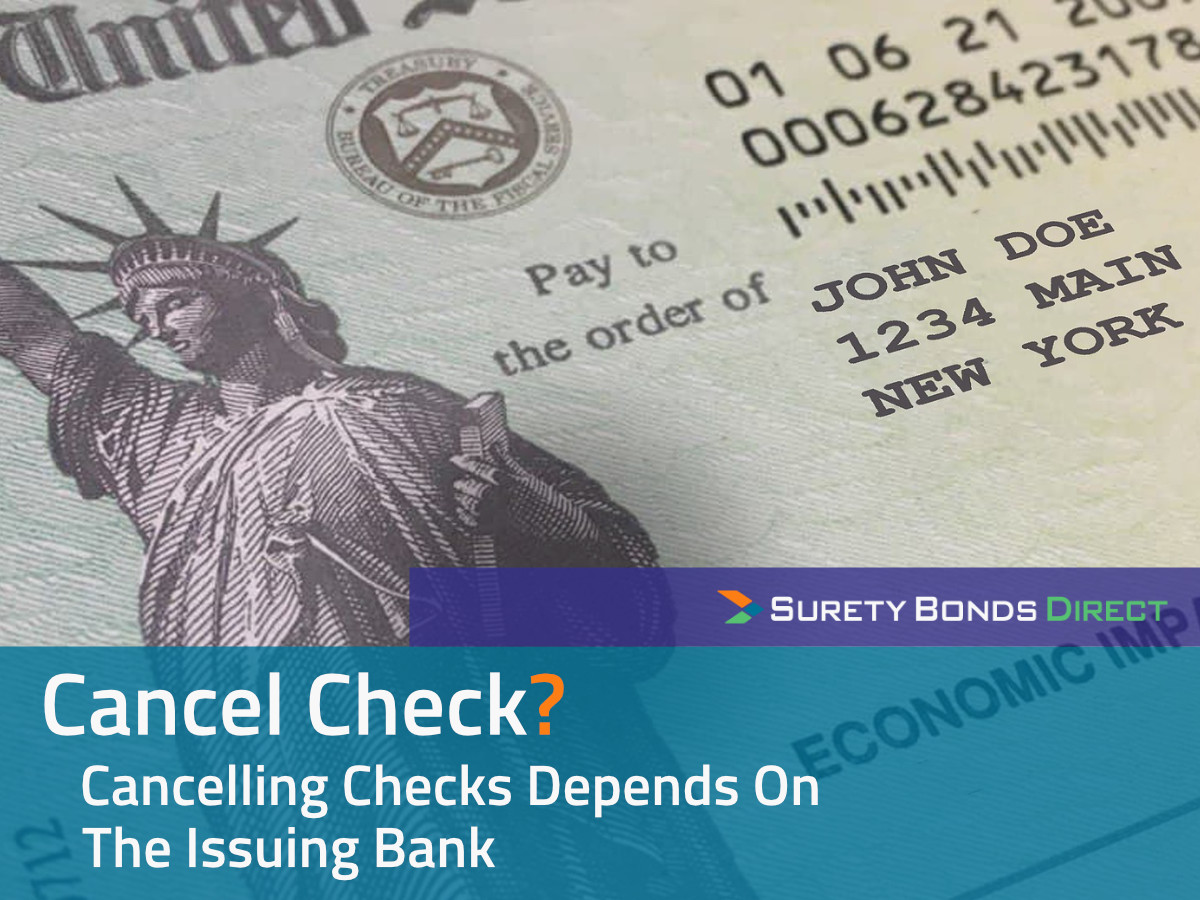I was sick to my stomach... it felt like I was going to throw up.
I could not find a $10,000 cashier's check purchased to obtain the first batch of test bed sheets for an e-commerce store I was starting. Ten grand is a lot. I felt awful.
Thankfully I found my check a few days later. Nothing lost. But if you lose a cashier's check, there are options to get your check reissued fast.
If you’re reading this, you either:
- Lost a check you paid for
- Lost a check made out to you or your business
- Or you feel you were wronged in the transaction and you want to cancel a check you purchased
What makes this process difficult is that a cashier's check (sometimes referred to as a "teller's check" or an "official check") isn't processed in the same way as a normal check. Both are backed by the issuing bank, but a cashier's check is considered a "cash instrument" and is connected to the bank itself, not an individual's account at the bank. So if the holder of a cashier's check presents the check at another bank, the bank will deposit the check no questions asked.
Essentially, a cashier's check should be treated like real cash money because there is no "stop payment" or equivalent. In that way, a cashier's check works more like a money order than a business or personal check.
Cashier's checks are common to avoid the risk of bounced checks when the issuer isn't well known to the payee (the one receiving money) to remove the risk of the remitter (the one sending money) having insufficient funds in their account. Cashier's checks are common in person-to-person transaction such as selling an automobile or other valuable item.
The 3 Steps If You Lose A Cashier's Check:
Step 1: Call The Issuing Bank & Fill Out Declaration of Loss Statement

Call the issuing bank and fill out a declaration of loss statement. This document means you are asserting a claim on the check.
Here’s what you’re signing:
- You're declaring lost possession of a check.
- The declarer (you) is the drawer or payee of the check.
- The loss of possession was not the result of a transfer (giving the check to somebody) by the declarer or a lawful seizure.
- The declarer cannot "reasonably" obtain possession of the check because the check was destroyed, its whereabouts cannot be determined, or it’s in the wrongful possession of an unknown person who cannot be found or is not able to service or process.
The Declaration of Loss Statement is a legal document. If you fail to meet these requirements the penalty is perjury. The penalty of perjury is up to five years in prison, fines, and probation. It's unlikely the bank will explain the details of this document. It's important to understand what you're signing.
Once you sign the Declaration of Loss Statement you will have to wait 90 days before the bank will reissue you a new check (90 days is the most common duration for a waiting period, but contact the issuing bank or financial institution that issued the cashier's check to verify the waiting period). This waiting period allows for the check to be found or an attempted deposit to occur.
Once 90 days passes from filing the declaration, the bank will likely issue you a new cashier's check. Depending on the value of the lost cashier's check, the bank may require a bond regardless of how long the check has been lost.
There is no set guideline for expiration of cashier's checks. Many banks will print a "valid until" or other such expiration notice on the check, which makes it less likely that they're require a bond once that date has passed.
As a rule, take a picture of both sides of a check when you receive it! Even if the check is lost before deposited, you'll at least have a record of all the check's specifics.
What If You Don’t Know The Issuing Bank?
If you are the receiver of the check (the payee), you may not know the issuing bank.
Unfortunately, you must get in touch with the person or entity who gave you the check and find out which bank or financial institution they used to issue the cashier's check.
Step 2: Get A New Check Faster Than 90 Days
99% of the time, you need your check for immediate use, so waiting 90 days to receive the funds is not a viable option. If you want a new cashier's check issued sooner so that you can receive payment and use the funds... because let's face it, who wants to wait (or can afford to?)... you will need to purchase a Lost Instrument Surety Bond.

The Lost Instrument bond serves as insurance for the bank... but you pay for the insurance. The surety bond establishes indemnity on your part as the principal for the bond. Indemnity means you're taking responsibility to compensate the bank if the cashier's check is found and presented for payment within the waiting period.
Here’s how a lost instrument bond works. You’ll need to purchase a lost instrument surety bond for the amount of the cashier's check, but you’ll generally pay 1% to 5% of the check amount based on your personal credit and financial strength. The better your credit, the lower the bond premium will be. For example, if you have excellent credit, you may get a 1% rate, so a $10,000 bond would cost you $100. If you credit isn't quite so great, you might get a 5% rate, and that same $10,000 surety bond will cost you $500. If your credit is too poor, sureties may decline to offer a bond at all. It's important to work with a surety bond broker that has various sureties to work with so that you have the best options for your particular circumstance.
The surety bond is a way for you to guarantee the bank that it will not take a loss for having written a second cashier's check in the event that both are cashed/deposited. As you can imagine, certified check scams are rampant, and banks won't accept the liability without such insurance.
For example, if a shady individual was looking to double-up on the check payment and the check was "found" by "an associate" and wrongly deposited, the bank would now have a way to reclaim the funds lost from its account. Remember, if a cashier's check is presented to a bank, it will almost always be accepted.
The issuing bank will receive the transaction on its account and pay the funds and then make a claim to the surety on your Lost Instrument bond. Assuming the financial institution (usually a bank) can properly document that both cashier's checks were cashed or deposited, the surety will make payment to the financial institution for the loss. The surety will in turn contact you for repayment (that's where the indemnity you agreed to comes in).
Now you would be on the hook (to the surety that issued the bond) to repay the amount of the check. (Not to scare you, but if this were the case you could be in legal trouble as well if there was evidence of deliberate fraud!)
This is how surety bonds work. Again, the bond a form of protection, or insurance, for the bank so that the bank doesn't end up issuing multiple checks and getting scammed.
Step 3: Optional - You Waited
If you did not need the check immediately (good job buffering your savings account!) and after the waiting period (usually 90 days or more more) the bank will issue you a new cashier's check.
Other Cashier's Check Situations
What happens if you want to cancel a cashier's check?

Unfortunately this is one of those “it depends” situations. You can go back to the bank that issued you the cashier's check and tell them you don’t need it anymore, and it’s possible they will invalidate the check and return your money.
However, this is rarely the case because a cashier's check is considered a cash instrument. It’s a good idea before you get a cashier's check to ask the bank what happens if you need to cancel the check after it’s been drawn. This way you won’t be surprised.
When receiving a cashier's check, you should always validate the check by calling the issuing bank.
When It Comes To A Lost Cashier's Check… Don’t Lose It
I say "Don't Lose It," tongue and check, because this is life and things happen.
But there’s no question, when you lose a cashier's check, it’s a pain to remedy the situation.
If you're wondering where to get surety bonds and you find yourself in this situation and you need to get a Lost Instrument bond, get a free surety bond quote or call us at 1-800-608-9950. We can help you get your bond for as low a rate as possible. Plus we can issue it fast.. the same day in most cases.






